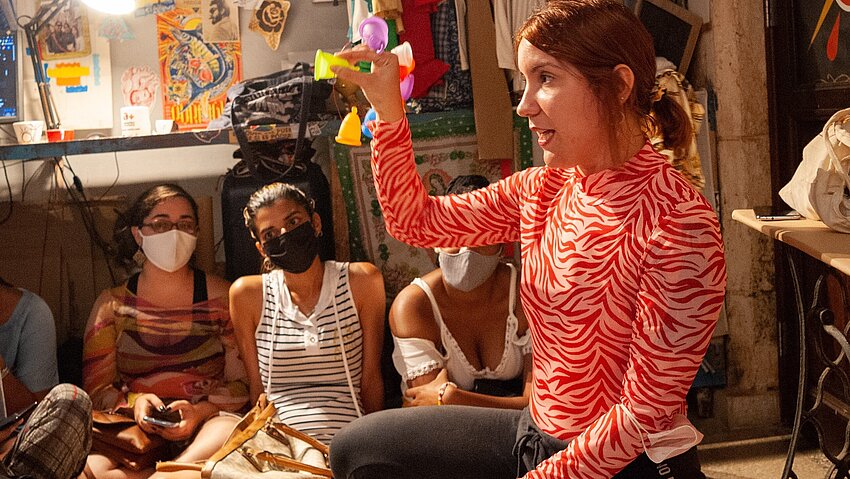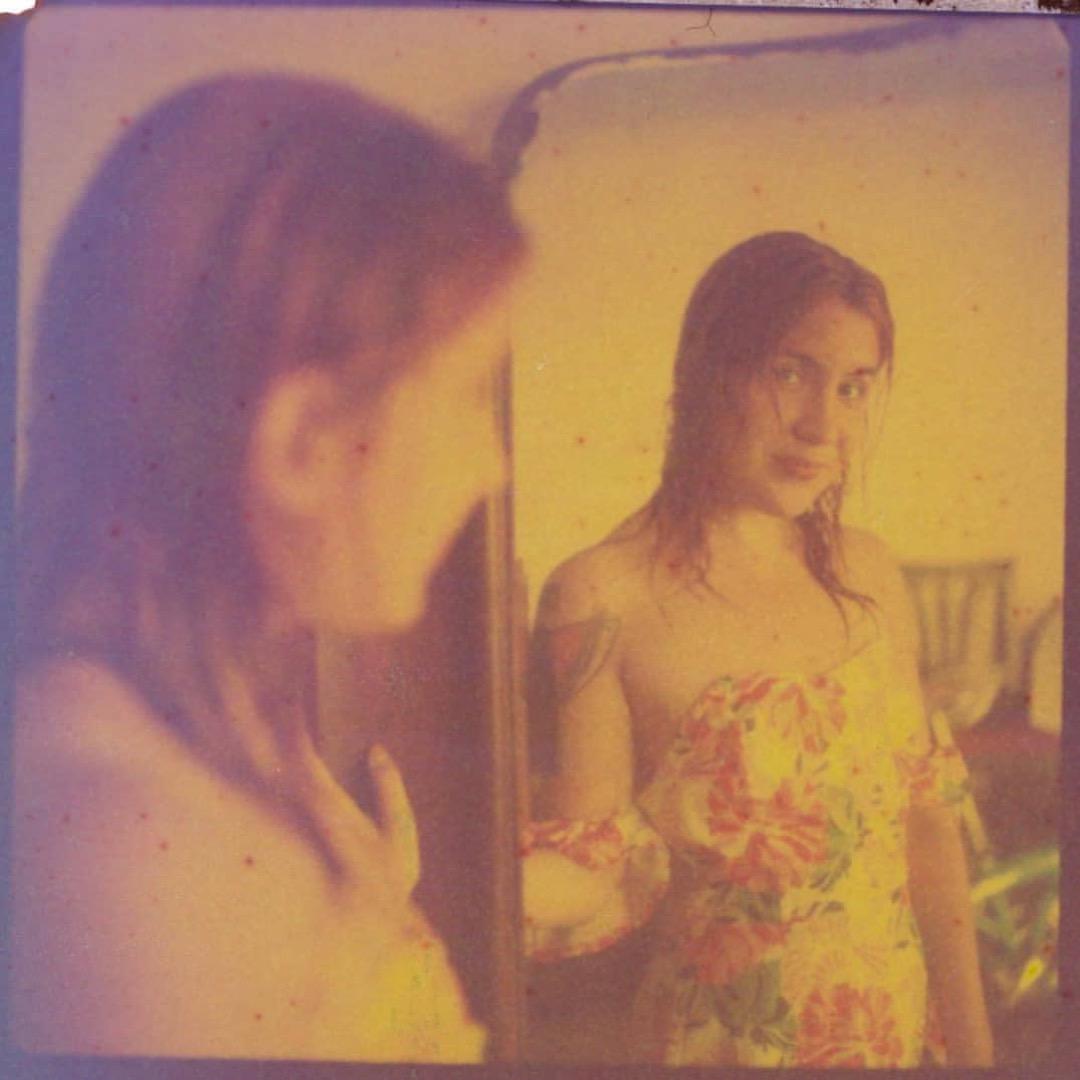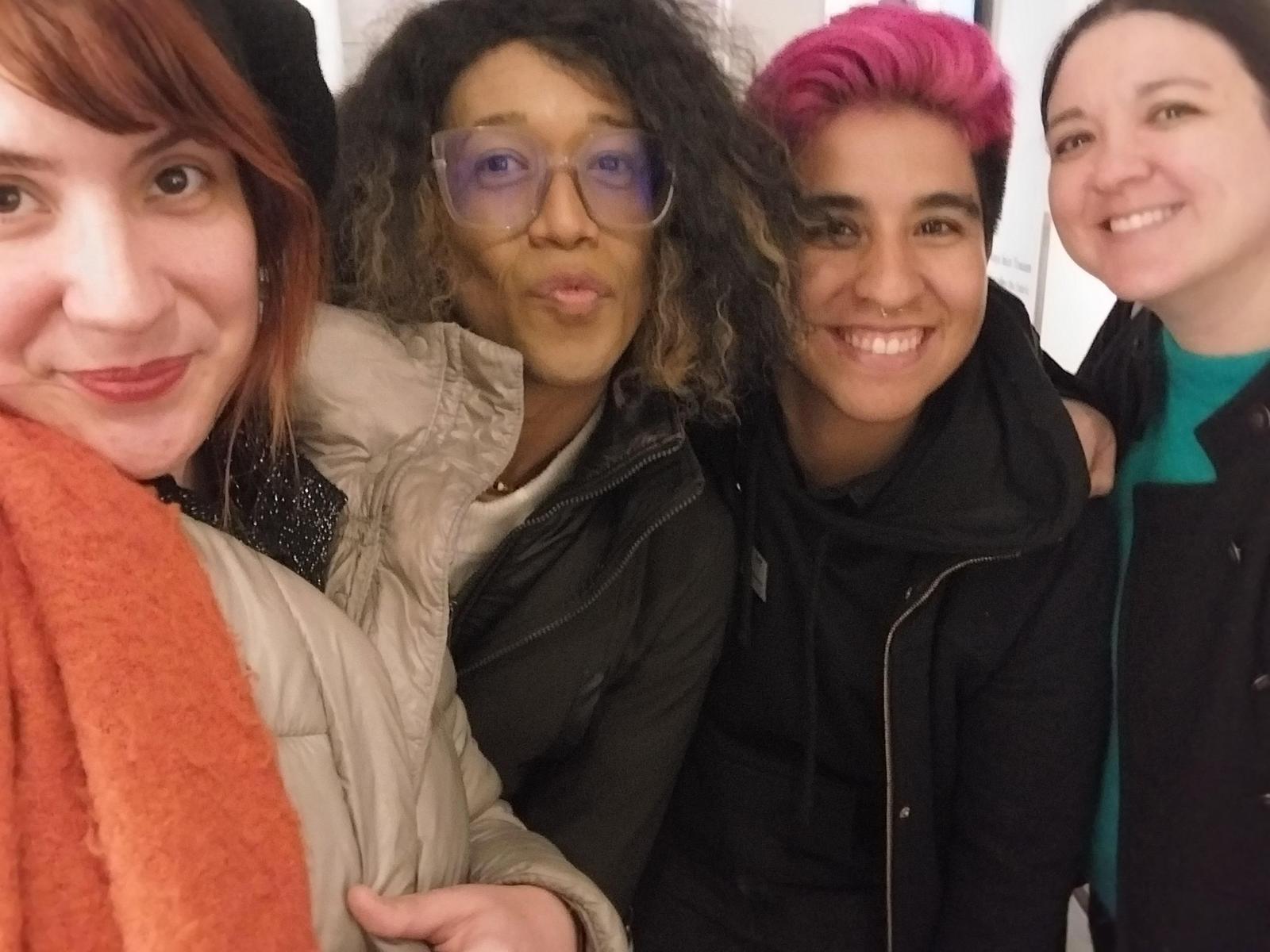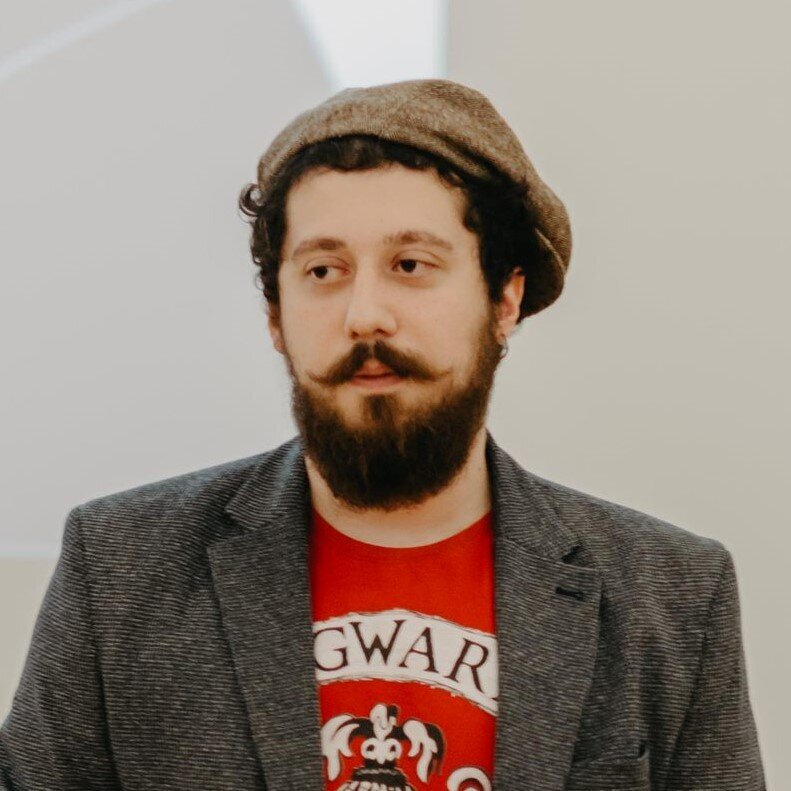We are used to being used
Sam Olazabal is an LGBT+ activist from Cuba. Nine months ago, Cuba’s authoritarian government held a referendum on a law that gave same-sex couples the right to marry. Despite this new freedom for the LGBT+ community, Sam has had to flee persecution and emigrate to the United States.
Over two-thirds of Cubans voted for the new Family Code proposed by Raul Castro last September. How has it changed people’s lives in the country?
Before that, you could get married if you were 14 and your parents approved, and there was a lot of child marriage, especially among women. So, the main changes are that we ended child marriage and there are a lot of same-sex marriages happening. Which is amazing. But on the other hand, if you talk about the problems the community has, you will be persecuted. The government doesn’t want anyone to say anything about what’s wrong with the country. Take Brenda Diaz, a trans woman who was imprisoned in the male jail for participating in protests. She has been beaten up not only by the inmates, but also by the policemen.
People working with organisations in other countries are called "gusanos", which means "worms" (...) later they can do whatever they want to us.
Sam Olazabal
Is that why you decided to stay abroad?
I’m not the main victim here. Luis Manuel Otero Alcántara is imprisoned in Cuba; my friend, Carlos Manuel Alvarez, isn’t allowed to go back to Cuba. There are many more such stories. I’m an activist with an organisation which distributes menstrual cups in the capital, Havana, as well as in the provinces. I was also working with embassies from different countries, and the government marginalizes everyone who does that. They call them "gusanos", which means "worms", and say that we are paid by the US government to denigrate the country, so that later they can do whatever they want to us, because people believe that we deserve it.
In Cuba, there is another way to be in prison: they call it "regulated", meaning that you cannot get out of the country. But you don’t know that until you try to leave. You go to the airport and they tell you that you can't get on the plane: this is what happened to the film director, Angelo Troya. Border guards told him, "You can’t go, you’re regulated. But if you tell us what your friends are doing, we can let you out." I didn’t know if I was regulated, but my dad went to the airport with me, just in case.
More than 1000 political prisoners
Why did an authoritarian government allow its citizens a referendum on the issue of same-sex marriage?
For that, we need to understand the context. In 2018, the constitution was changing and it had a law that allowed gay marriage. At some point, they took that out of the constitution.
The LGBT+ movement took to the streets to protest against it… A bit later, in July 2021, it was the first time when everyone in Cuba went out on the streets to protest against the government, because of all the other things: we didn’t have medicines, we didn’t have food and we didn’t have freedom. As a result, we had more than 1,000 political prisoners. I still have friends who are imprisoned and some people were exiled. I feel that the government has used the vote on marriage just to give the illusion of democracy, because in Cuba we cannot vote for president. We cannot vote for many things.
The government has used the vote on marriage just to give the illusion of democracy.
Sam Olazabal
The laws have long been discriminatory
You and many other activists were against the referendum. Could you explain why?
I don’t think that people should vote for rights. They just need to be there and the government is responsible for that. If you have laws that have been so discriminatory for so long, of course society is going to be homophobic and misogynistic. I don’t think that voting is the right answer for that: the government should just do what it is supposed to do. But even those of us who didn’t support the idea of the referendum still felt like it was a victory. I was in Berlin at the time and I posted on social media, "Sam… is really happy right now."
So, you feel that although the government supports your cause for once, they’re doing it for the wrong reasons?
I guess we feel used, but sadly we are used to that. We are used to being used.





